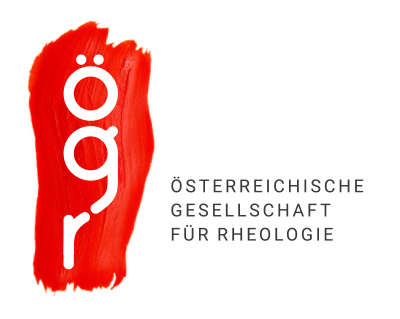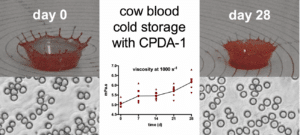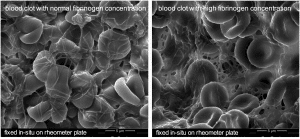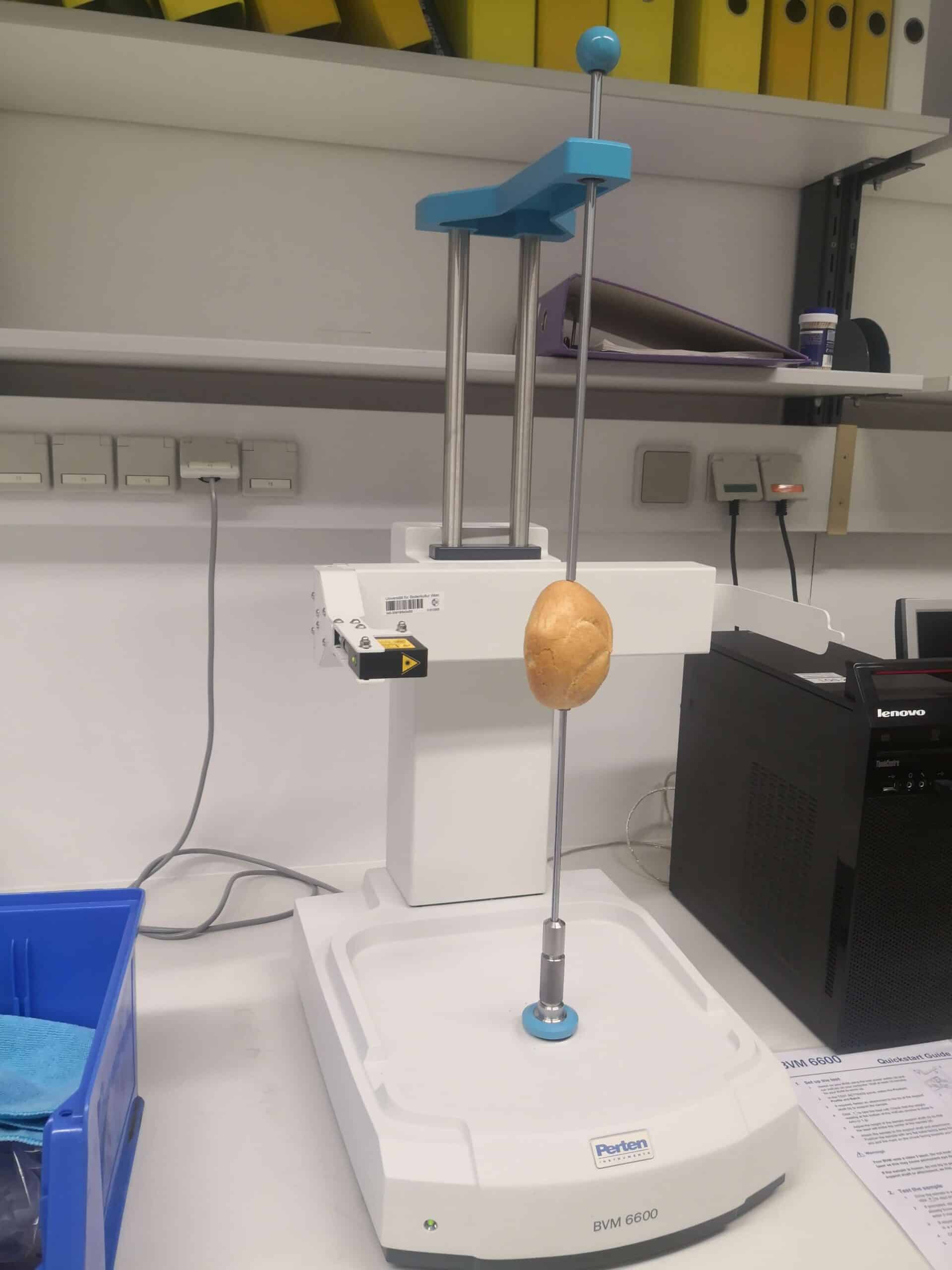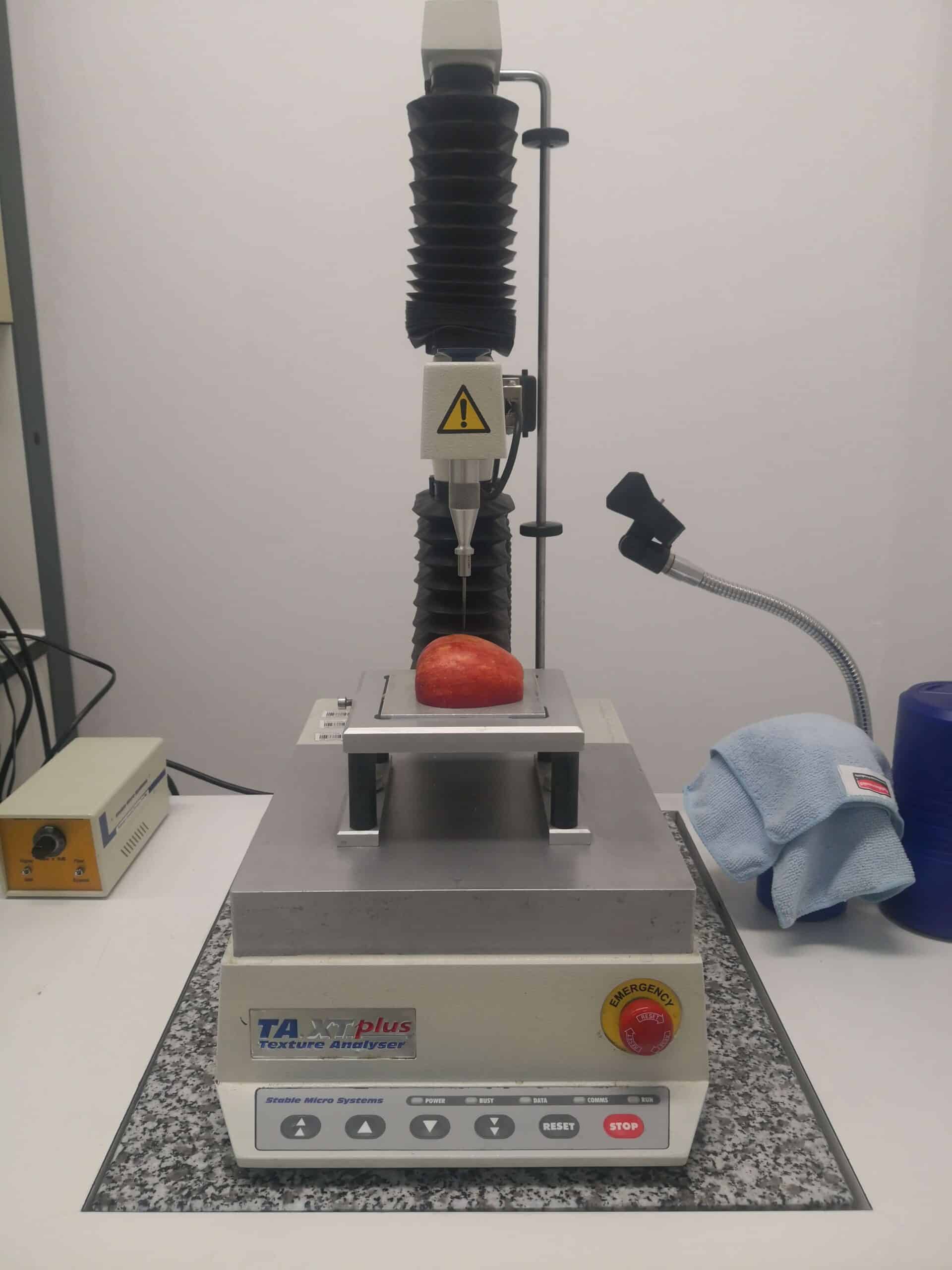Institute of Food Science – Food Physics, University of Natural Resources and Life Sciences, Vienna
Food, despite its complexity, may be examined in the framework of physics.
Many processes and concepts familiar to physicists are involved in food processing, including van der Waals forces, phase separation, diffusion, and phase transitions, to mention a few.
Food systems also involve modern physics difficulties that are still poorly understood, such as percolation, gelation, and the nature of the glass transition.
Physical properties of foods can be changed by preparation and/or food processing, as well as ingredient selection and modification, and become apparent prior, during, and after consumption.
The Food Physics research group conducts multidisciplinary research integrating Physics, Chemistry, Microbiology, Process Engineering, Sensory Science, and Human Physiology, and collaborates closely with other working groups inside and outside the university.
The research activities range from objective measurements of relevant functional, technological, and sensory attributes of liquid and solid products (e.g., flow and fracture behaviour, visco-elasticity, sound emission, adhesion, macro-structure, colour, surface tension, density, and so on) to process and product optimization, as well as human oral processing.
Our purpose is to produce novel mesostructures and application concepts for academic partners, industry, and society, as well as to teach students to implement such integration in their future jobs.
Most of our research projects include rheology, from fundamental rheology utilising an Anton Paar MCR302 and a Kinexus Pro+ to more applied rheology and texture employing Texture Analyzers, Extensographs, and Fluorgraphs.
Collaborations with academic and industry partners from the Food Sector, as well as other fields, are encouraged.
Projects might range from simple, individual measurements through small-scale contract research, method development, and bigger research consortia.
Close connections with several institutions at BOKU allow for the integration of many fields into rheological research.
